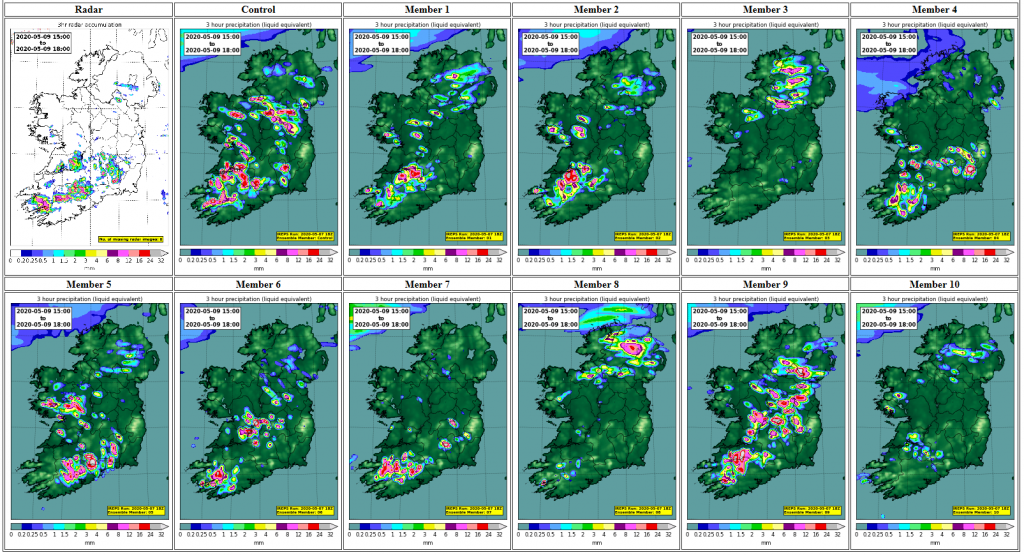

That triggered a pointed reply on social media from European Commissioner Thierry Breton, accusing the company of blackmail.īreton, who’s in charge of digital policy, linked to a Financial Times article quoting Altman saying that OpenAI “will try to comply, but if we can’t comply we will cease operating.”Īltman sought to calm the waters a day later, tweeting: “very productive week of conversations in europe about how to best regulate AI! we are excited to continue to operate here and of course have no plans to leave.” Issued by Environment Canada and the Province of OntarioLONDON (AP) - OpenAI CEO Sam Altman on Friday downplayed worries that the ChatGPT maker could exit the European Union if it can’t comply with the bloc’s strict new artificial intelligence rules, coming after a top official rebuked him for comments raising such a possibility.Īltman is traveling through Europe as part of a world tour to meet with officials and promote his AI company, which has unleashed a frenzy around the globe.Īt a stop this week in London, he said OpenAI might leave if the artificial intelligence rules that the EU is drawing up are too tough. Please continue to monitor alerts and forecasts issued by Environment Canada. Visit for information on how to reduce your health risk and your personal contribution to pollution levels, as well as for current and forecast AQHI values. If you experience any feelings of stress, anxiety, or depression, contact your mental health care provider for advice or visit. It is normal to feel anxious or isolated during a smoke event. Contact your health care provider if your condition is not improving.īe aware of your mental health. Review your wildfire smoke plan and make sure you have enough medical supplies if the smoke continues to impact your community. Pay attention to information and direction from your local authorities and evacuate if told to do so. It is important to listen to your body and reduce or stop activities if you are experiencing symptoms.īe sure to check on people in your care and those around you who may be more susceptible to smoke.

However, respirators do not reduce exposure to the gases in wildfire smoke. These fine particles generally pose the greatest risk to health. If you must spend time outdoors, a well-fitted respirator type mask (such as a NIOSH certified N95 or equivalent respirator) that does not allow air to pass through small openings between the mask and face, can help reduce your exposure to the fine particles in smoke. Contact your local health or municipal authorities for more information. Take a break from the smoke by temporarily relocating or finding a location in your community with clean, cool air such as a library, shopping mall or community centre. Check the filter and change it if required. Use an air purifier with a High Efficiency Particulate Air (HEPA) filter in a room where you spend a lot of time.

#LONDON ON WEATHER NETWORK RADAR WINDOWS#
Keep your doors and windows closed if the temperature in your home is comfortable. Stay inside if you are feeling unwell and experiencing symptoms. Stop outdoor activities and contact your health care provider if you or someone in your care experiences shortness of breath, wheezing (including asthma attacks), severe cough, dizziness or chest pains. People with lung disease (such as asthma) or heart disease, older adults, children, pregnant people, and people who work outdoors are at higher risk of experiencing health effects caused by wildfire smoke. Continue to take actions to protect your health and reduce exposure to smoke.

Poor air quality will persist into the weekend.Īir quality and visibility due to wildfire smoke can fluctuate over short distances and can vary considerably from hour to hour.įor more details, please consult Wildfire smoke can be harmful to everyone’s health even at low concentrations. Smoke plumes from forest fires in Quebec and northeastern Ontario have resulted in deteriorated air quality. High levels of air pollution have developed due to smoke from forest fires.


 0 kommentar(er)
0 kommentar(er)
